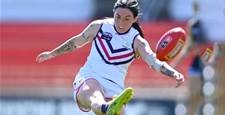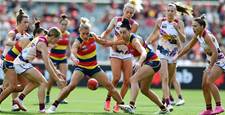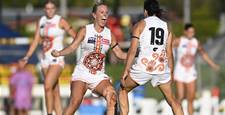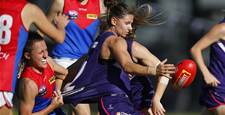A world away from the mysterious jungles of Borneo, in the quiet bayside suburb of Sylvania Waters, a truly special team is battling to imprint not only themselves, their club and their home, but their entire sport on the map.
They’d finished second in the Shute Shield and had lost a nailbiter, in front of 10,000 screaming Bornean fans, to end their Sevens experience.
But their campaign had changed the squad for good. Now runaway leaders in the 2019 Shute Shield, the Rebelettes are more than just a bunch of hard-working mates – they’re born winners, as White says, “with their eyes on the prize”.
“When we arrived it was wild, a shock. Some of our junior girls were shocked to see how lucky we were,” she beams.
“When we finally took to the field, it was fierce competition – three contracted teams, paid to play, and then us Rebelettes, training three to four times a week, jousting them with our skill and performance.
“In the final we competed against world champion players and it showed us what it’s like at the next level. It drove our hunger to compete.
“$20,000 is no mean feat, you can’t do it with one, you can’t do it with a small group. The club had to be behind us completely, the boys had to support us on a Sunday and we had to wrangle all the spare change from our family.”
Nay adds: “It’s an experience none of us will ever forget.”
“Fundraising first – they were able to raise $20,000 and work quietly for over eight months to pull that off.
“The tournament was something the players had never experienced, nearly 10,000 screaming fans trying to reach through security and touch them as they got off the bus, trying to get in the ground, the lap of honour after the final taking over two hours because of photos and autographs…it was a humbling experience for the girls, who had never had the opportunity to go overseas.
“Now they know what’s out there globally in this sport.”
So what next for White and co?
“I’m not exactly a spring chicken but I like to think I make it up for it with gameplay smarts,” she says.
“I’ve been playing for three years – not the longest time compared to others in the national team – but the bulk amount of training and gosh, the amount of sevens I watch? Every world series I’m tuning in despite the time difference!
“With all the different tournaments I’m involved in, I’m still one of the veterans of the squad. I’ve been lucky enough to be selected for Australia before at development level, but I’d love to have the call-up to wear the green and gold and get an official cap.
“The Olympics are around the corner, so now’s the time to put in the hard work.”
But while the future looks bright for White at a personal level, there’s a long way to go for women’s rugby sevens.
While they’ve had to fight for their opportunities, not all teams have been as lucky as the Rebelettes, and not all clubs as open or well-resourced as Southern Districts.
She believes Australia has a lot to learn from its Asian counterparts as it looks to establish itself as an Olympic heavyweight for years to come.
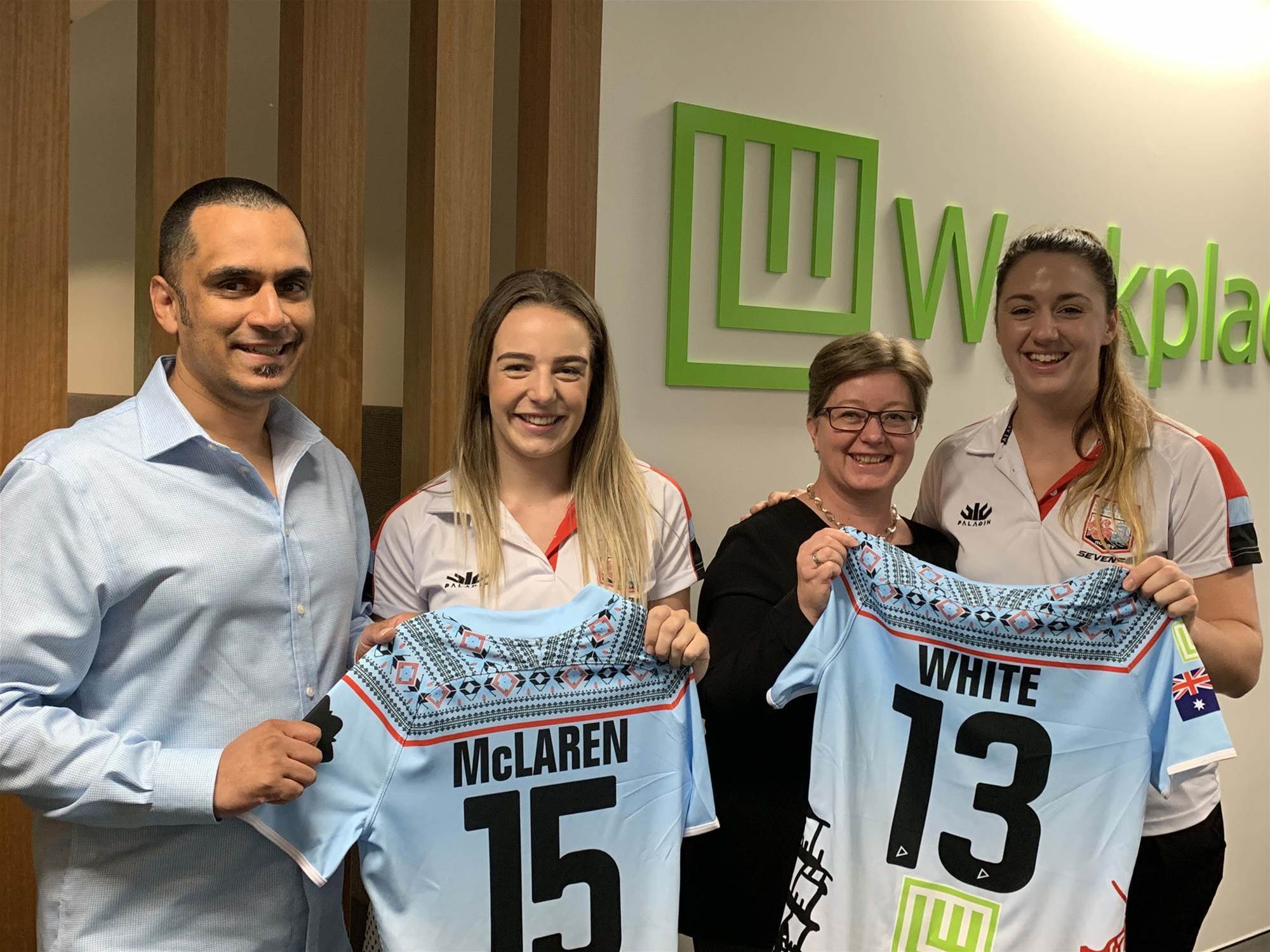
“I think you can categorise the challenges into two core factors,” she continues.
“First is the battle for participation with two other sports – after the Rio Olympics, media hype rallied behind the Pearls and the sport was in its prime.
“But following that, the NRLW and AFLW have done significantly better from a following perspective, so now some of the players who are doing really well within our league are snatched up and scouted by other codes.
“The biggest challenge for me personally, is trying to get the major clubs to buy in to the women’s side of the sport. To add perspective, we’re lucky that we’re one of the clubs on a similar competition level, that can receive that support…that can even have a team or anyone interested in developing a team.
“To provide that for our catchment area is a massive challenge for the sport and one that will continue unless we get people to fall in love with the sport like we have.
“Funding is the issue. Australian rugby sevens, bless its cotton socks, is struggling with that. There’s a total of 16 women in Australia contracted full time, so it’s a challenge when you look at the population and try to boil it down, telling us all ‘Look, there’s only 16 opportunities.’
“That’s the point of difference, realistically if that pool of 16 was opened up to 30, our national team would perform even better. Everyone’s accountable for their performance. The gap between the Rebelettes and national team is substantial, but it only takes one tournament, two days of amazing skill and a few power plays for them to notice you.
“With live streams and tech, you’re able to get noticed. You can provide a mixtape,” she laughs, “a playlist of your best action on the field. That’s how you bridge the gap.”
Related Articles
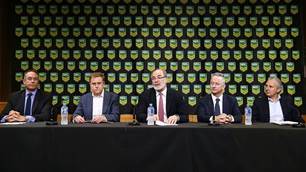
More Bretts than women as Rugby elections highlight diversity struggle
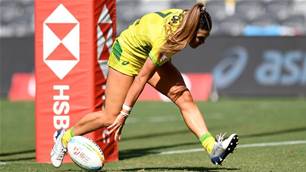
Caslick's ridiculous: What we learned from Aussies dominating Sydney Sevens

.jpg&h=600&w=850&c=0&s=1)



